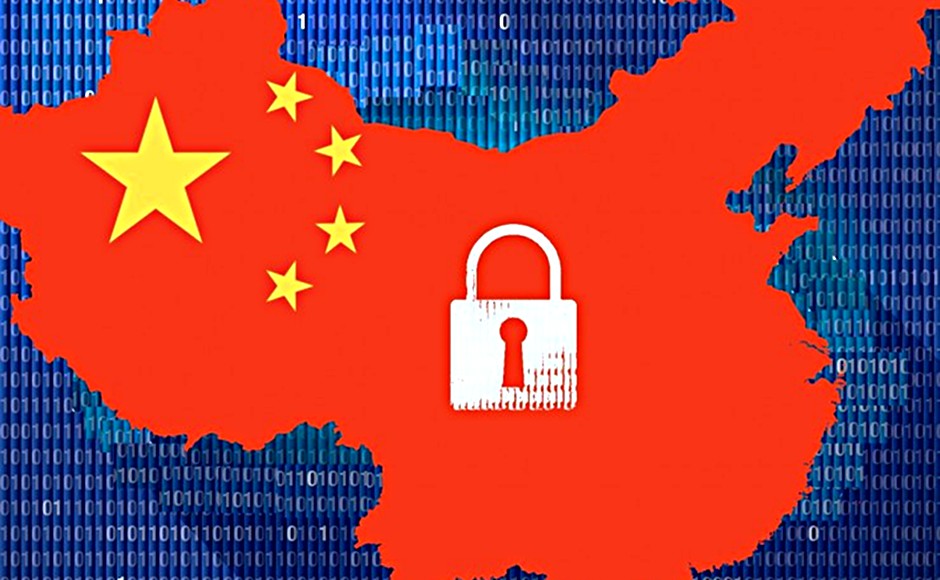China announced a 14-month raid on VPN used to bypass the national firewall

In China, many of the resources familiar to users of other countries do not work, including Facebook, Twitter, Google search engine, Vkontakte and Odnoklassniki. But this is only if you try to visit such sites and services directly. As for VPN, there are no problems, and many Chinese use this opportunity to easily visit sites blocked in the Celestial. It is clear that the Chinese government does not like this, and Chinese officials began to think about what can be done to remove VPN from the list of blocking bypass tools available to citizens of the country.
Now the government has decided to start implementing plans for a “hunt” for VPN. To this end, it is planned to conduct a 14-month state campaign, during which the Ministry of Industry and Information of China will “clear the market of service providers of the country”. Service providers are companies that provide Internet channels for circumventing national blockade.
This step is unprecedented for China, because before the government turned a blind eye to the use of VPN. Moreover, government officials occasionally used such channels. In April 2016, the creator of China's content filtering system showed how to bypass the firewall protection while displaying information to students on the South Korean website. He urgently needed to demonstrate the content during a speech to students of Harbin Polytechnic University. Since the site was blocked in China, Fan Binxing, that is the name of the developer of the “Great Chinese Firewall” decided to use a VPN.
')
But now the government is gradually tightening control over the Internet. Last month, for example, application directories operating in the country were required to register in a special state registry.
The current “hunt for VPN” is a warning to those companies whose business in the country depends on free work with the network, including thanks to the “illegal” VPN channels. Users from China will now find it much more difficult to gain access to blocked resources. Now providers in the country will have to check and eliminate VPN channels. So far it is unclear what will happen to services by foreign companies that sell their services and access to services to Chinese users.
An example is the SaferVPN, ExpressVPN and VyprVPN services, which provide unlimited access to their services for $ 10 per month. It is thanks to them that the users of the Celestial Network segment could (and still can) get access to blocked resources. It will probably be difficult for the government to do something with respect to foreign resources, although China may try to take some actions.
New rules for working with VPN and other network services in China have not yet been fully disclosed. It is also unclear how China will fulfill its plans. Experts believe that the goal of the government will not be users who work with a VPN - some measures are unlikely to be applied to them, although this is not excluded. The main task of the Chinese government now is to eliminate the VPN services available to it, as well as to force Chinese providers to give up the opportunity to provide their users with access to such a service. On Sunday, officials also announced that the state would monitor the receipt by the country's telecommunications companies of permits for the provision of certain services to the public.

Interestingly, at the forum in Davos, Chinese leader Xian Jiping said: “We must redouble our efforts to develop international relations in order to allow all countries to achieve growth and prosperity ... Protectionism is a way to close ourselves in a dark room. The wind and rain will remain outside, but there will be neither light nor air in a dark room. ”
In addition to China, access to various resources is now blocked by Egypt, Russia, Cuba, Bahrain, Turkey, Vietnam and a number of other countries.
As usual, many new laws designed to regulate the Internet industry are being introduced with a sauce of cybersecurity and countering terrorism. Back in 2015, the authorities of the People’s Republic of China began to prepare new laws that oblige providers to monitor user reports. State officials were going to give the right to disconnect entire regions from the Internet.
The providers were then obliged to improve the management of the information that users disseminate, as well as to curb the transmission of illegal messages. Providers of software for critical infrastructure facilities are required to obtain permissions from the regulator. There is an online police station in China that monitors the illegal activity of Chinese citizens on the web.

Project “ Golden Shield ” (eng. The Golden Shield Project, whale Wall of China) - Internet Content Filtering System in China. The project was developed in 1998, and launched in 2003 throughout the country. The Shield is a server system on the Internet channel between providers and international information networks. which filters information. Censorship is not distributed I’m on to the special administrative districts of Hong Kong and Macau - there internet access is completely free
Source: https://habr.com/ru/post/373097/
All Articles